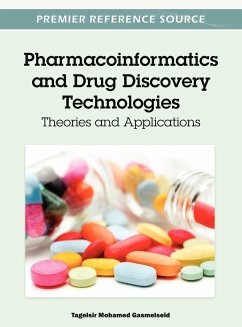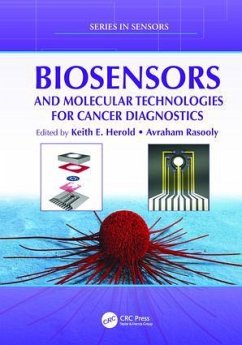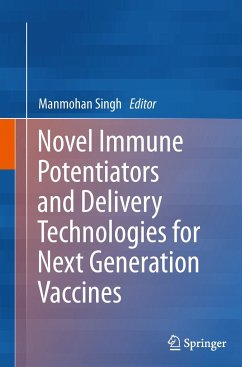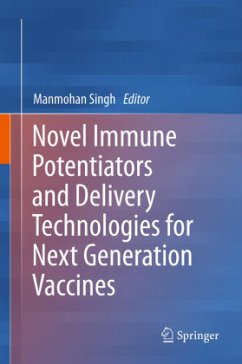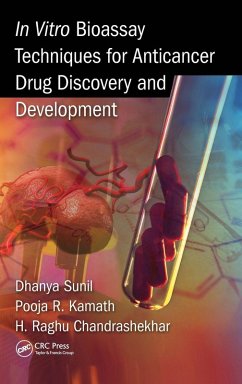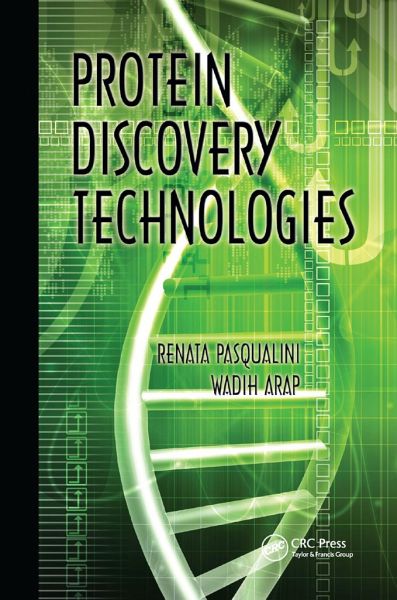
Protein Discovery Technologies
Versandkostenfrei!
Versandfertig in 1-2 Wochen
80,99 €
inkl. MwSt.
Weitere Ausgaben:

PAYBACK Punkte
40 °P sammeln!
Featuring contributions from leading experts, Protein Discovery Technologies provides comprehensive coverage of the principles, techniques, strategies, and broad range of applications of protein discovery. This volume presents in-depth discussions of various methods for protein discovery, including bioinformatics, interaction cloning, protein purification, phage display, non-primate models, and chemical targeting. It also explores biological themes through the examination of cell death, angiogenesis, hemostasis, development, signal transduction, transcriptional control, cell cycle control, neu...
Featuring contributions from leading experts, Protein Discovery Technologies provides comprehensive coverage of the principles, techniques, strategies, and broad range of applications of protein discovery. This volume presents in-depth discussions of various methods for protein discovery, including bioinformatics, interaction cloning, protein purification, phage display, non-primate models, and chemical targeting. It also explores biological themes through the examination of cell death, angiogenesis, hemostasis, development, signal transduction, transcriptional control, cell cycle control, neurobiology, and quality control.








